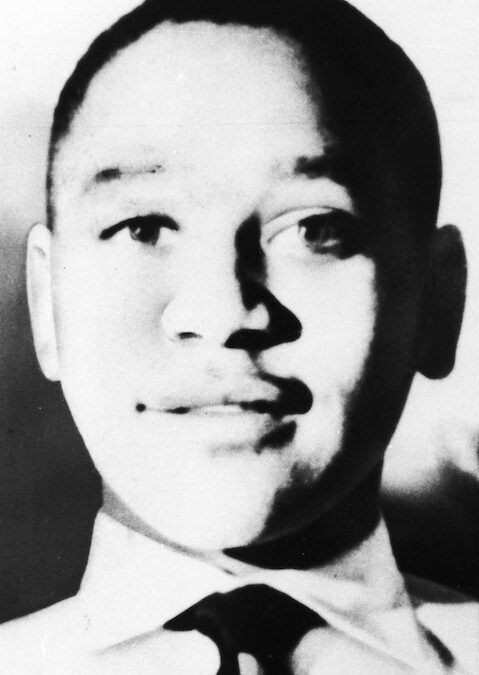In the annals of history, some stories are etched with pain, anguish, and injustice that leave an indelible mark on society. One such tragic tale is that of Emmett Till, a 14-year-old African American boy whose brutal murder in 1955 became a catalyst for the Civil Rights Movement. Today, we delve into the life, legacy, and the enduring impact of Emmett Till’s story, as we strive to ensure his memory lives on and continue the fight for justice.
The Innocent Childhood:
Emmett Till, a lively and affable young boy from Chicago, had his world turned upside down when he traveled to Mississippi to visit family in the summer of 1955. His wide-eyed innocence and unawareness of the deeply entrenched racial hatred of the Jim Crow era would prove fatal.
The Unforgivable Crime:
In a heart-wrenching turn of events, Emmett Till’s interaction with a white woman at a local store sparked an unimaginable chain of events. He was kidnapped, tortured, and brutally murdered by two white men, Roy Bryant and J.W. Milam. The crime sent shockwaves across the nation and brought to light the horrific reality of racial violence.
The Trial that Shook the Nation:
The subsequent trial of Bryant and Milam for Emmett Till’s murder became a defining moment in American history. Despite overwhelming evidence, the jury’s acquittal of the defendants shocked the world and highlighted the deep-seated racism that plagued the justice system at the time.
Mamie Till-Mobley’s Brave Stand:
Emmett Till’s mother, Mamie Till-Mobley, made the courageous decision to have an open-casket funeral, allowing the world to witness the brutality inflicted upon her son. Her unwavering strength and determination to seek justice became a rallying cry for civil rights activists, galvanizing the movement.
Sparking a Movement:
The murder of Emmett Till became a pivotal moment in the struggle for racial equality. It ignited a wave of protests, sparked important conversations, and inspired individuals to take a stand against racial injustice. Till’s story became a powerful symbol of the countless lives lost due to racism.
Legacy and Continuing Impact:
Emmett Till’s legacy continues to reverberate through time. His story shed light on the need for change, leading to pivotal moments like the Montgomery Bus Boycott and the Civil Rights Act of 1964. The fight for justice and equality remains an ongoing battle, with Till’s memory serving as a reminder of the work that still needs to be done.
Conclusion:
Emmett Till’s tragic death was a pivotal turning point in American history, forever etching his name in the annals of the Civil Rights Movement. His story serves as a stark reminder of the horrors of racism, the power of collective action, and the necessity of never forgetting the past. As we remember Emmett Till, we are reminded that the pursuit of justice is an ongoing journey—one that requires us to confront our past, acknowledge our present, and strive for a better, more equitable future for all.
